Two National Standards in the Field of Wastewater Recycling Co-compiled by BEWG Approved and Released 2022-01-21
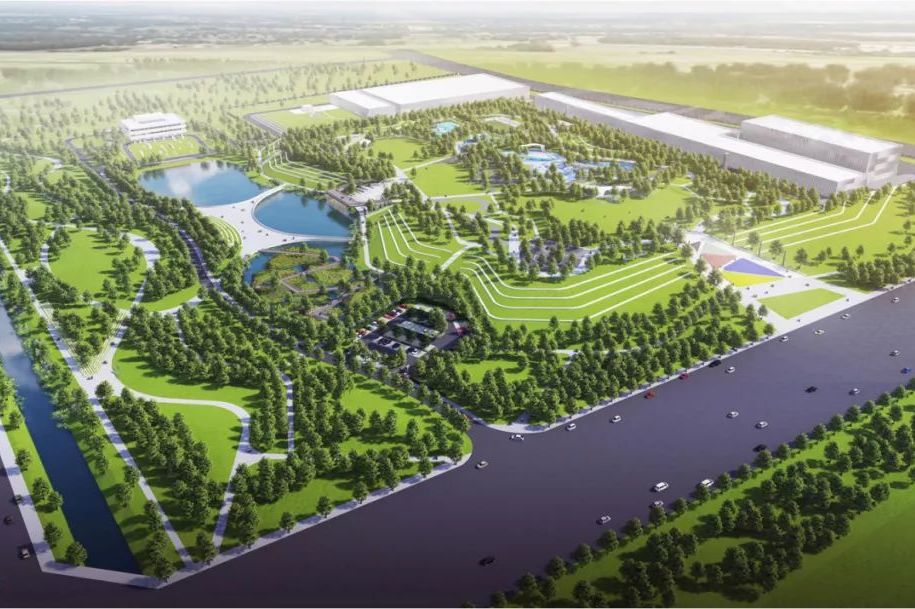
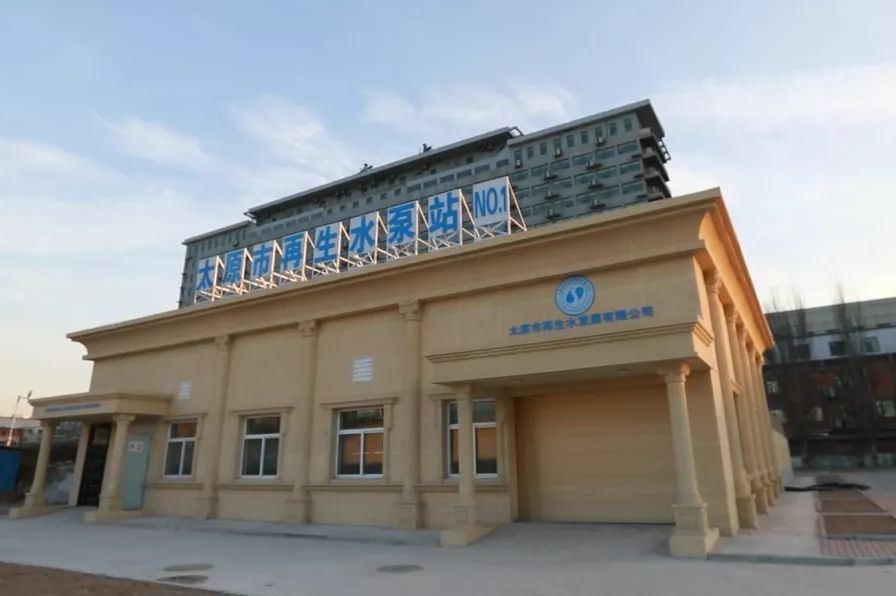
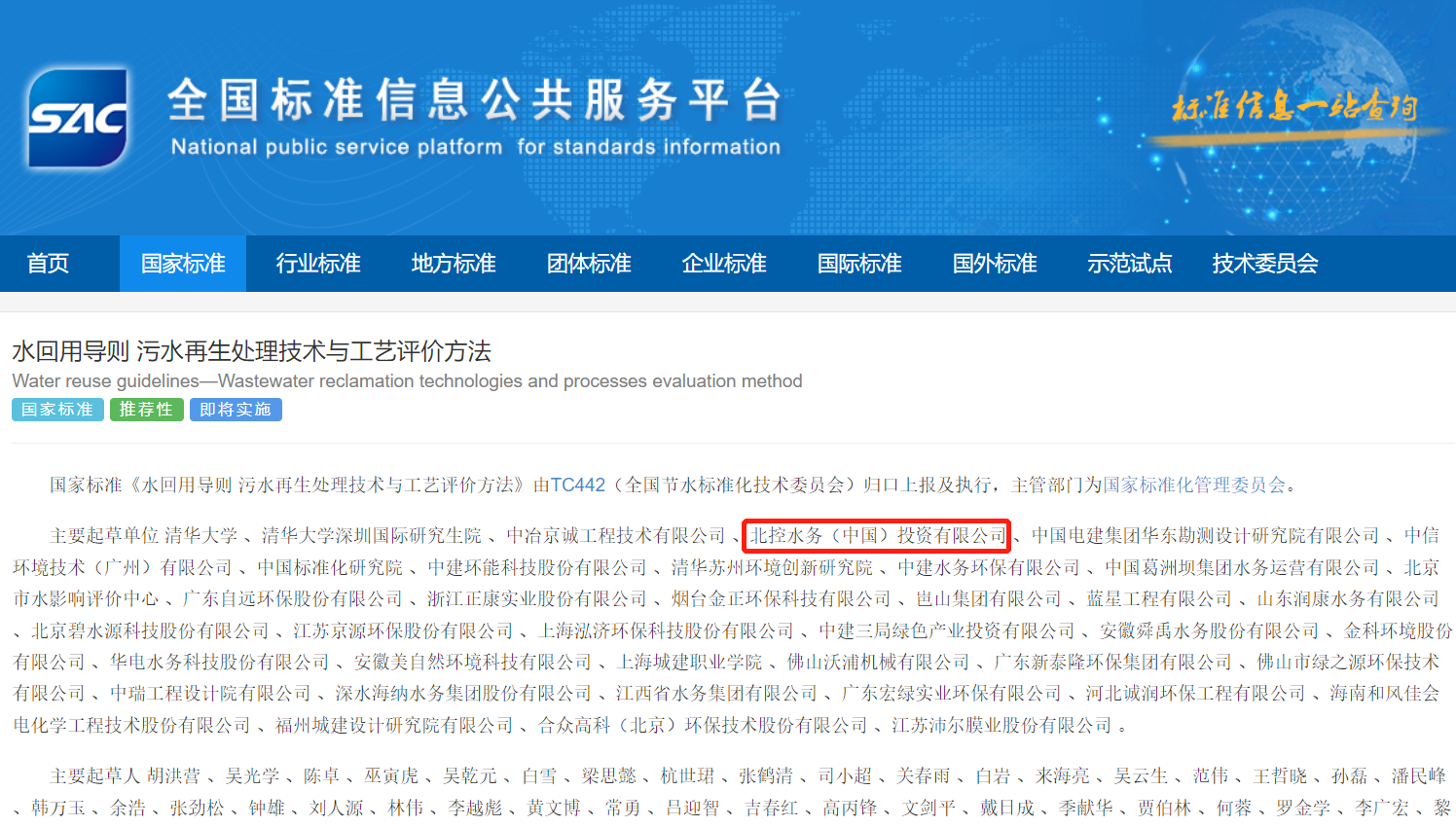
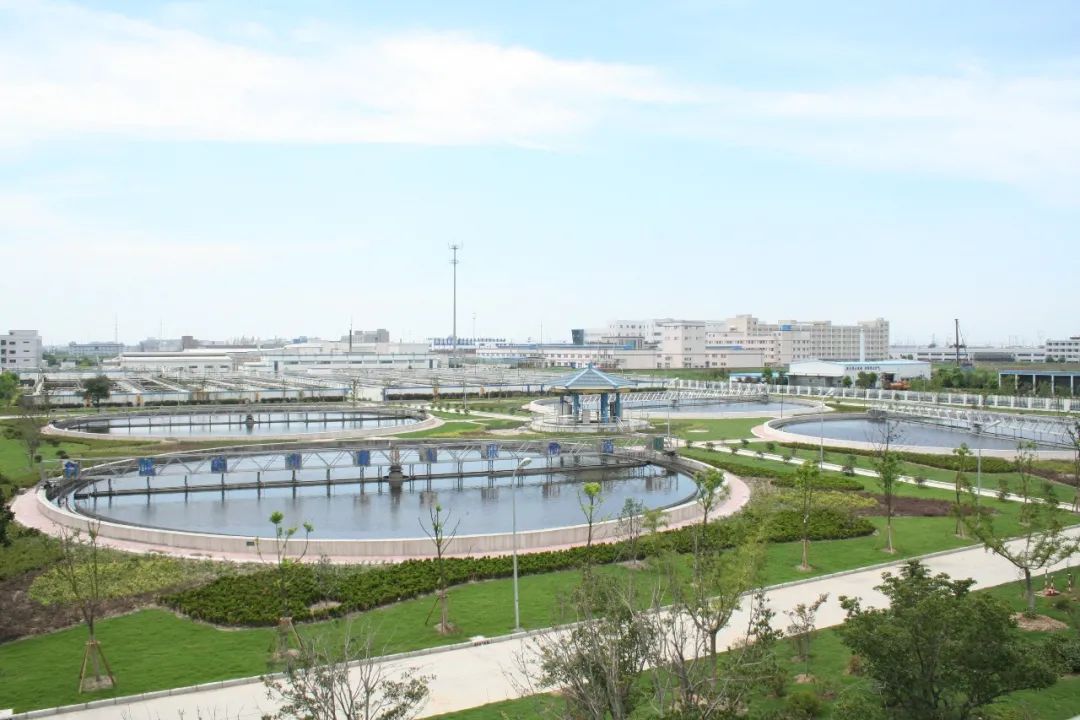
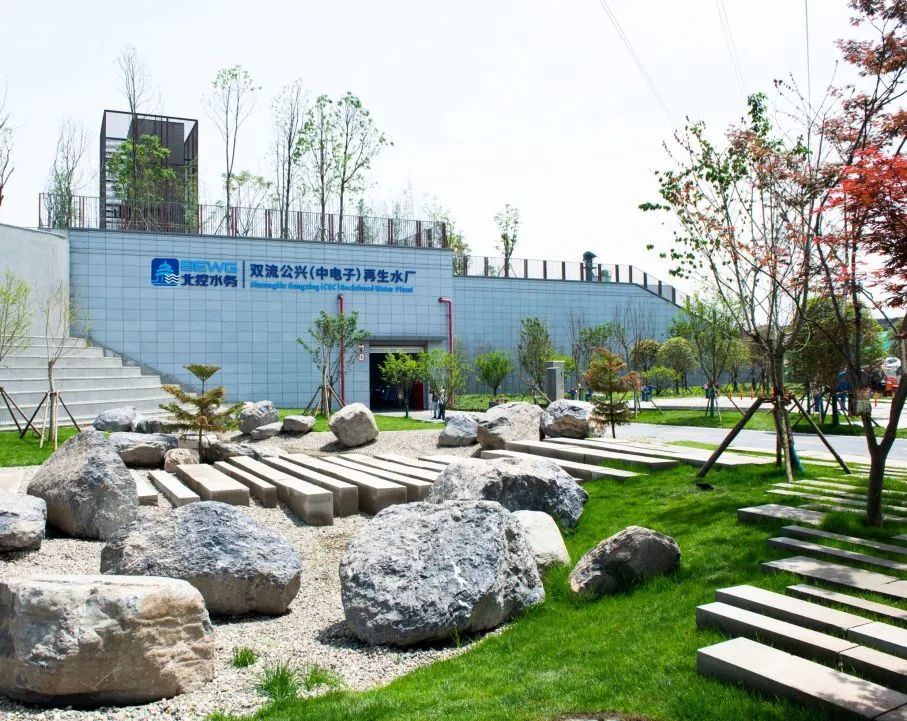
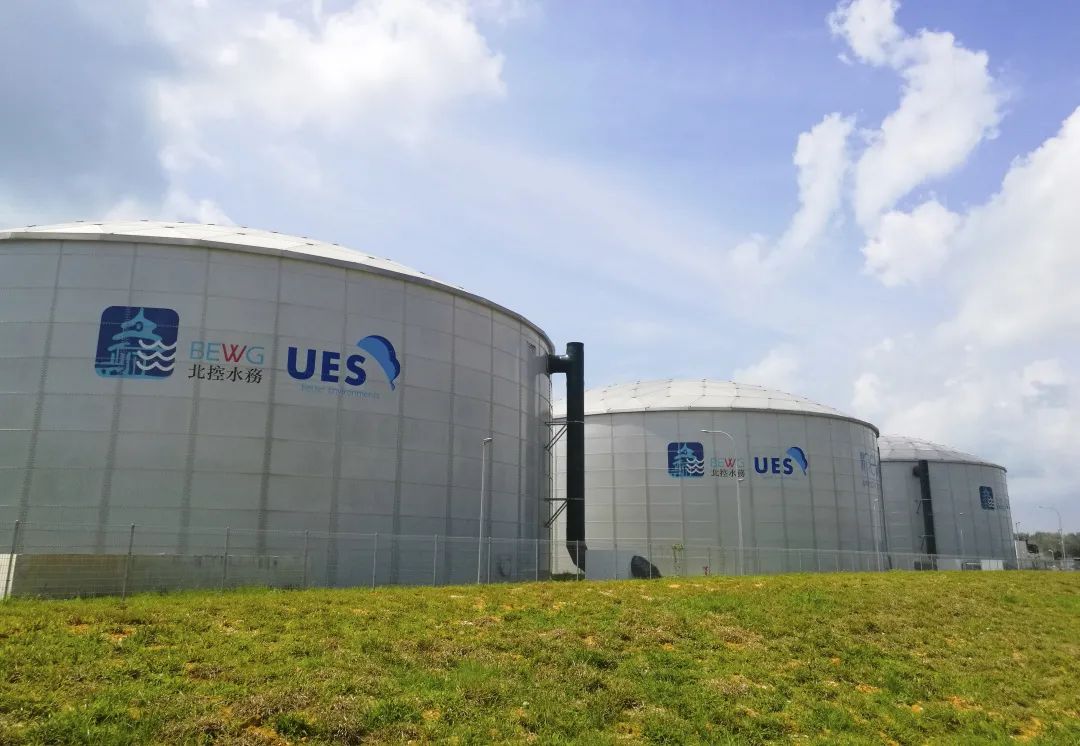
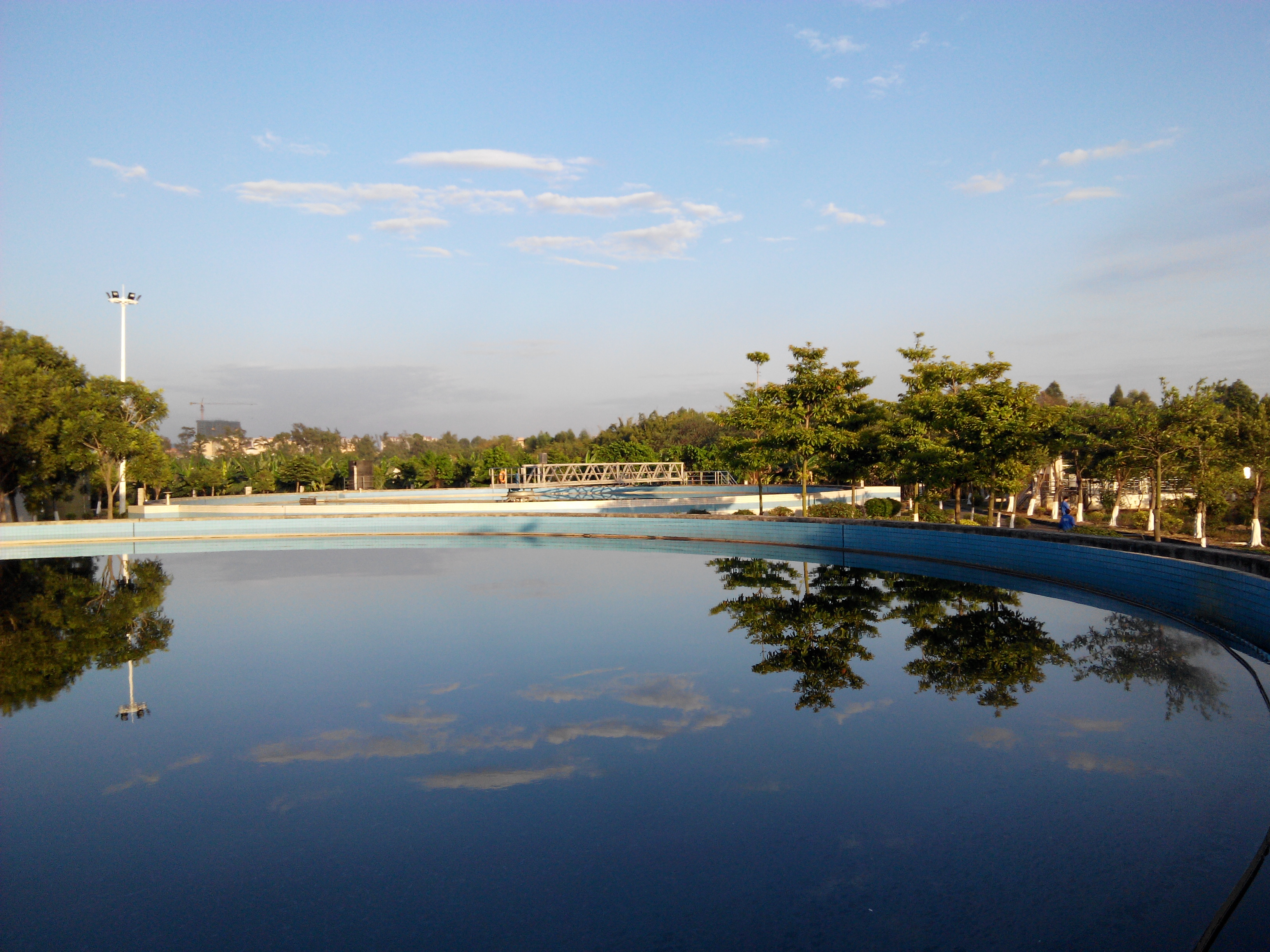
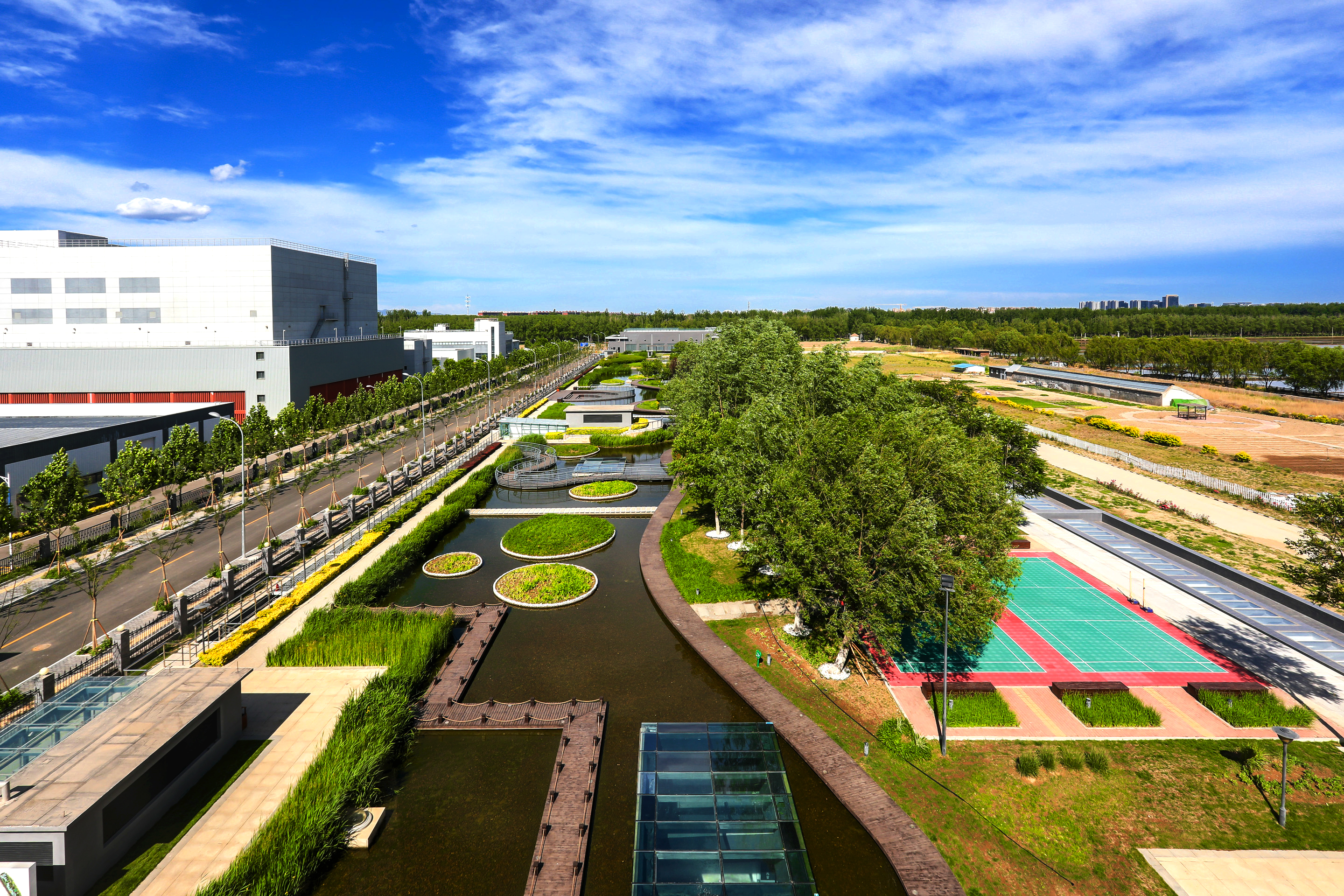
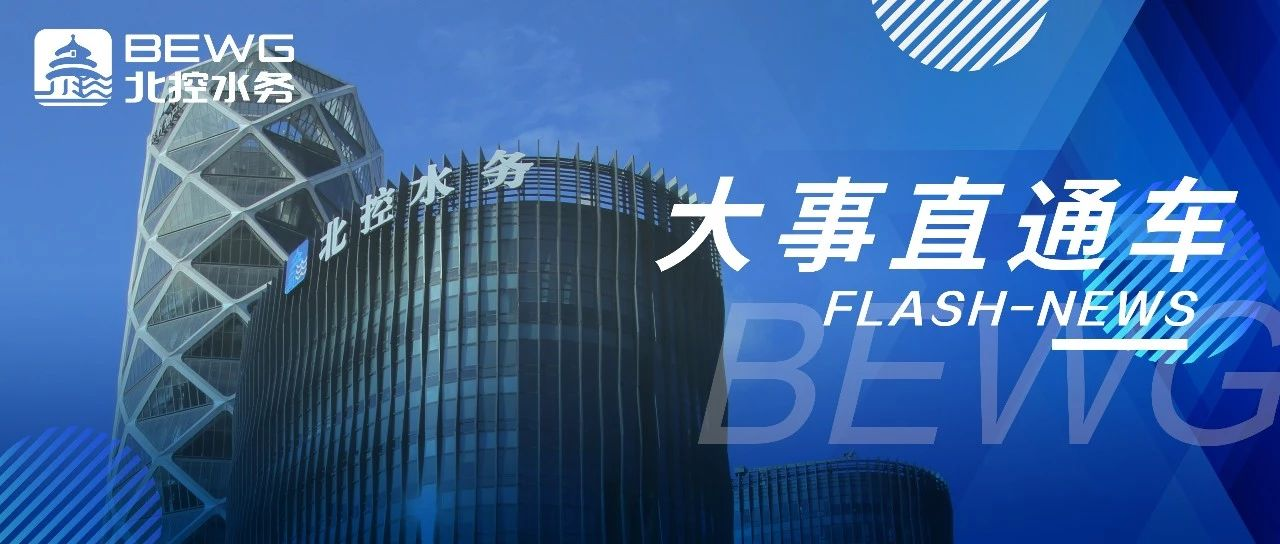
Recently, the State Administration of Market Regulation (Standards Committee) approved and issued five recommendatory national standards in the field of wastewater recycling, including Guidelines for Water Reuse - Water Quality Management of Reclaimed Water Plants. Among them, two standards, Water Reuse Guidelines - Water Quality Management for Water Reclamation Plants (GB/T 41016-2021) and Water Reuse Guidelines - Wastewater Reclamation Technologies And Processes Evaluation Method (GB/T 41017-2021), were compiled jointly by Tsinghua Shenzhen International Graduate School and BEWG (China) Investment Co., Ltd., under the leading of Tsinghua University. They will play an important supporting role for the national wastewater resource utilization and water saving efforts, and are of great significance for strengthening the hierarchical management of reclaimed water, guiding the development and optimization of wastewater reclamation treatment technology, and promoting the rapid development of reclaimed water industry.
The shortage of water resources is a bottleneck restricting the high-quality development of China's economy and society. The urban wastewater is stable in quantity, controllable in quality, and available nearby. Reasonable use of it is conducive to increasing the supply of water resources, alleviating the contradiction between supply and demand, reducing water pollution and ensuring water ecological security. In January 2021, the National Development and Reform Commission and nine departments issued a Guideline to Promote the Utilization of wastewater Resources, which clarified the development goals, important tasks and key projects of wastewater recycling in China. The "14th Five-Year Plan" also proposes to accelerate the utilization of wastewater resources. In the future, the utilization of reclaimed water in China will develop rapidly, and there is great development potential and market space for the utilization planning, facility construction, operation, maintenance and management of reclaimed water.
The formulation of a series of standards for water reuse guidelines provides professional guidance and specifications for the reclaimed water industry to carry out project planning, design, operation, evaluation and management from the aspects of reclaimed water classification, water quality management and technical process evaluation.
Water Reuse Guidelines - Water Quality Management for Water Reclamation Plants
It defines related terms and definitions, goals, measures, inspection, monitoring, reporting and system of water quality management in reclaimed water plants, and puts forward water quality management measures of reclaimed water plants based on the Hazard Analysis and Critical Control Point (HACCP) system, including hazard identification methods, critical control points setting and monitoring requirements, water quality abnormal response measures, emergency management measures, etc.
Water Reuse Guidelines - Wastewater Reclamation Technologies And Processes Evaluation Method
It specifies related terms and definitions, evaluation indicator system, evaluation procedures and requirements of wastewater reclamation treatment technology and process evaluation, puts forward quantitative and qualitative evaluation methods of technical indicators, economic indicators, environmental indicators and reliability indicators, and defines requirements of evaluation cycle, sampling time and frequency, according to the characteristics of different types of wastewater reclamation technologies or processes.
As a flagship enterprise focusing on water resources recycling and water ecological environment protection, BEWG has been deeply involved in environmental protection since its establishment in 2008, sticking to its abiding goals and fully guarding lucid waters and lush mountains. In order to cope with the water shortage in arid and water-deficient areas and areas with serious water pollution, BEWG has realized the upgrading of reclaimed water to newater. From the perspective of pollution control, newater is used to reduce the naturally black and fetid water bodies, and water bodies with high standard water quality are discharged into social water cycle and natural water cycle. At the same time, focusing on the efficient development and sustainable utilization of water resources, BEWG actively innovated, continuously strengthened research and development and improvement technology, continuously enhanced the utilization efficiency of water resources, and accumulated many technical reserves and successful projects.
The formulation and release of this standard is of great significance to the wastewater treatment and recycling industry. As one of the main participating units, BEWG actively participated in work seminars and review meetings for the two standards, fully participated in their preparation, set up a standard preparation team, and had many analytical discussions on the structural framework, indicators selection and key parameters of the standards. Besides, it put forward constructive opinions and suggestions in combination with the R&D design and operation management practice of the Group, providing strong data support for the advancement and applicability of the standards and enhancing their feasibility, effectiveness and guiding significance.
Beijing, Kunshan, Jiangsu, Taiyuan, Shanxi, Chengdu, Sichuan, Foshan, Guangdong, Yinchuan, Ningxia, Changi, Singapore... From wastewater treatment plants to reclaimed water plants to newater plant, wastewater resource utilization is becoming a prominent feature of BEWG projects all over the country and abroad. BEWG will always adhere to the business tenet of being customer-oriented and innovation-oriented, help the development, optimization and progress of wastewater reclamation technology, and make unremitting efforts to promote the high-quality development of wastewater resource utilization in China.
More
-

Four projects of BEWG are selected into the “List of Key Environmental Protection Practical Technologies and Demonstration Projects in 2021”
-
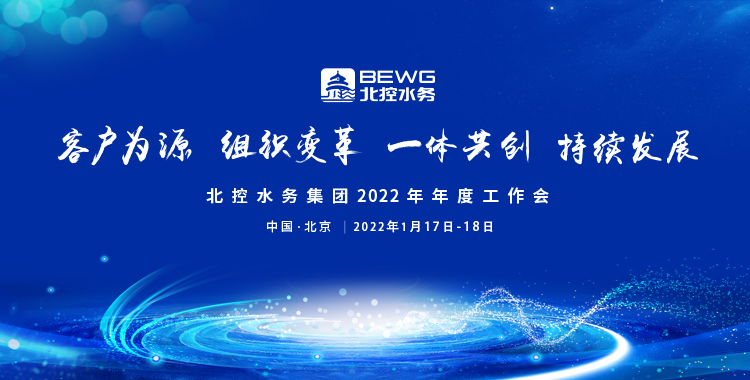
Customer orientation Organizational change Co-creation Sustainable development | BEWG 2022 Annual Work Meeting
-
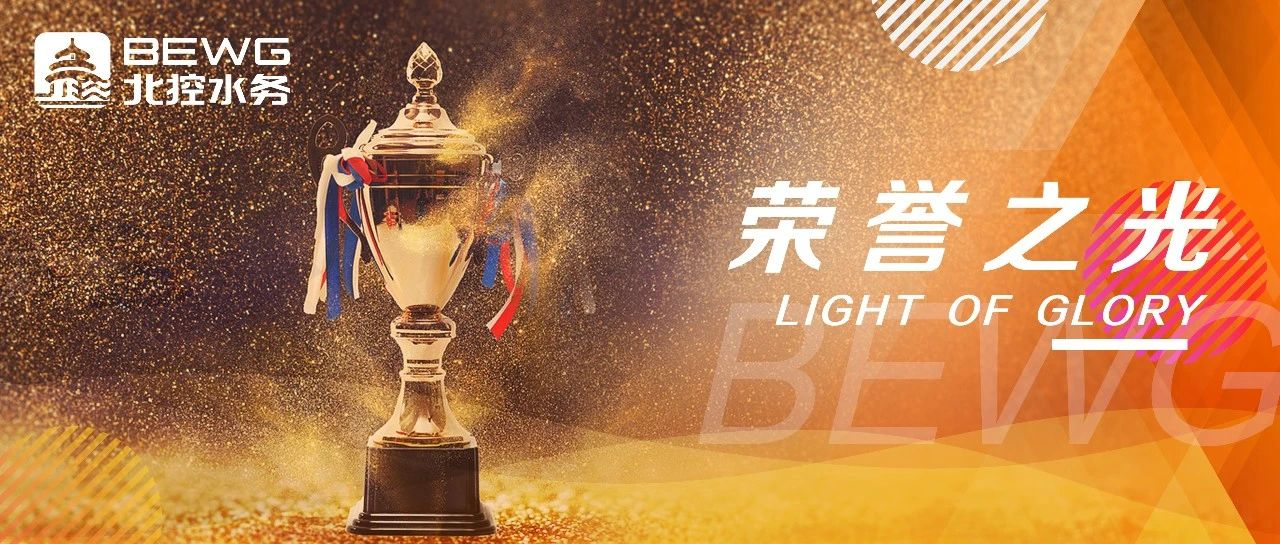
Winning Repeated Recognition by investors! BEWG Won the “Best Infrastructure and Public Utilities Company” Award at the Golden Hong Kong Stocks







